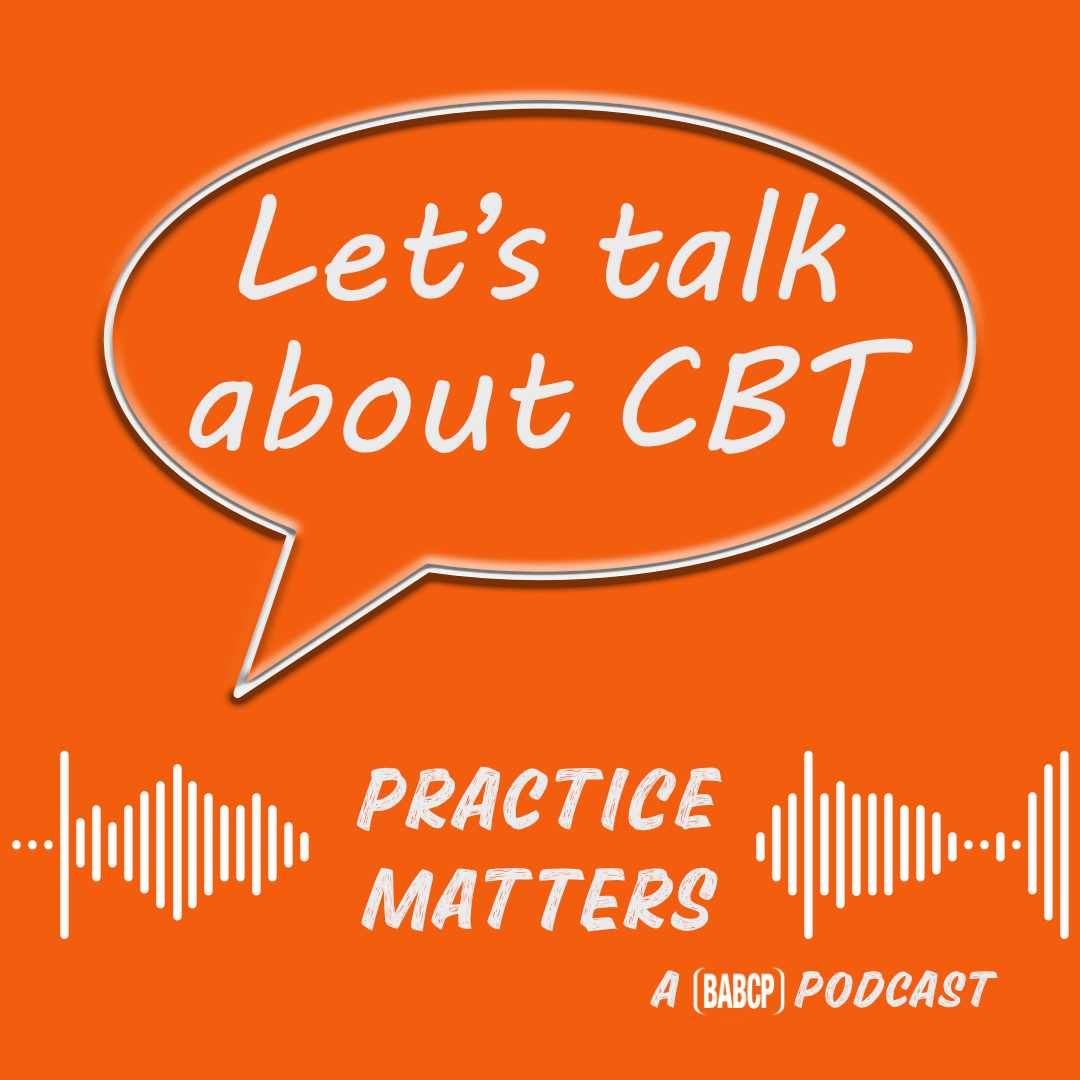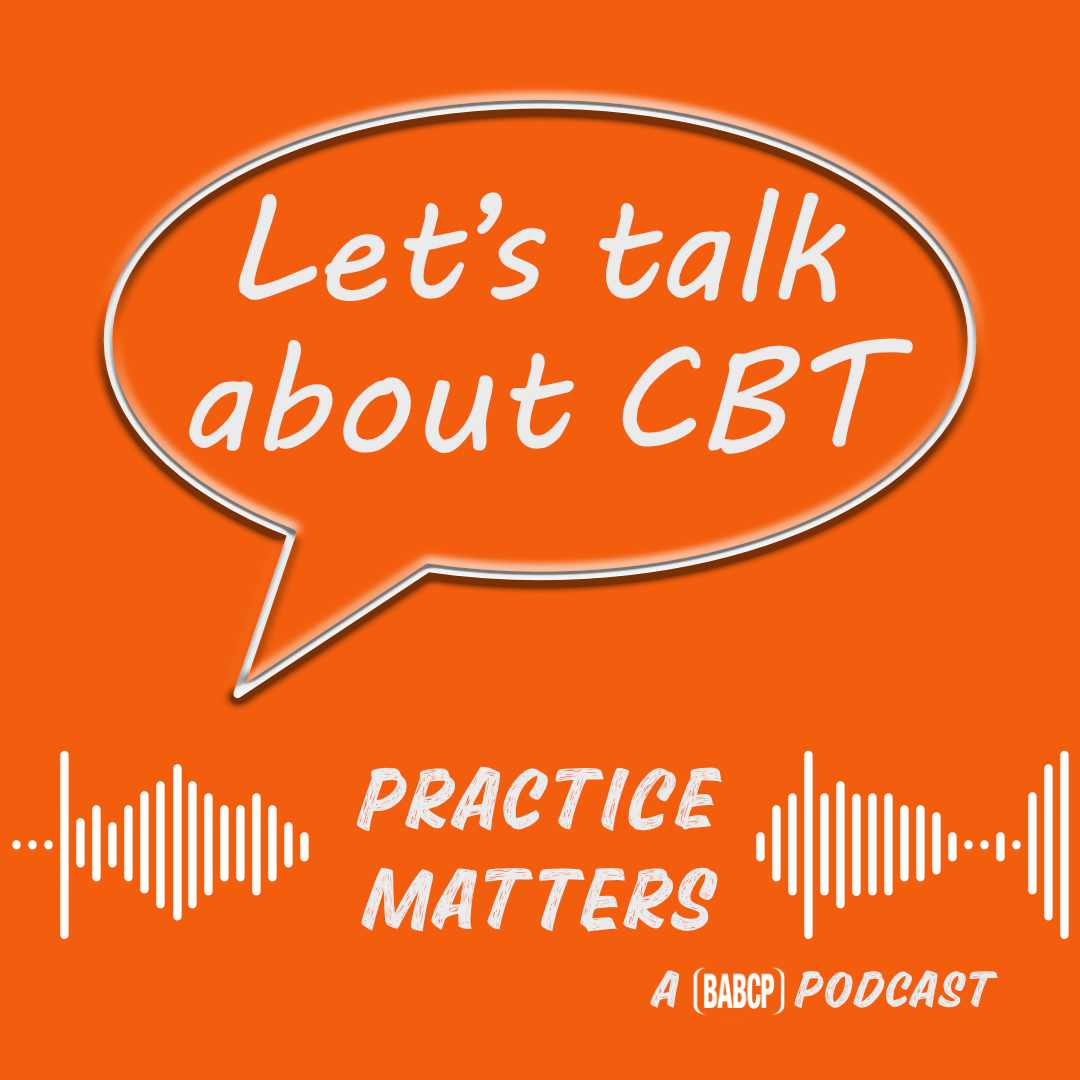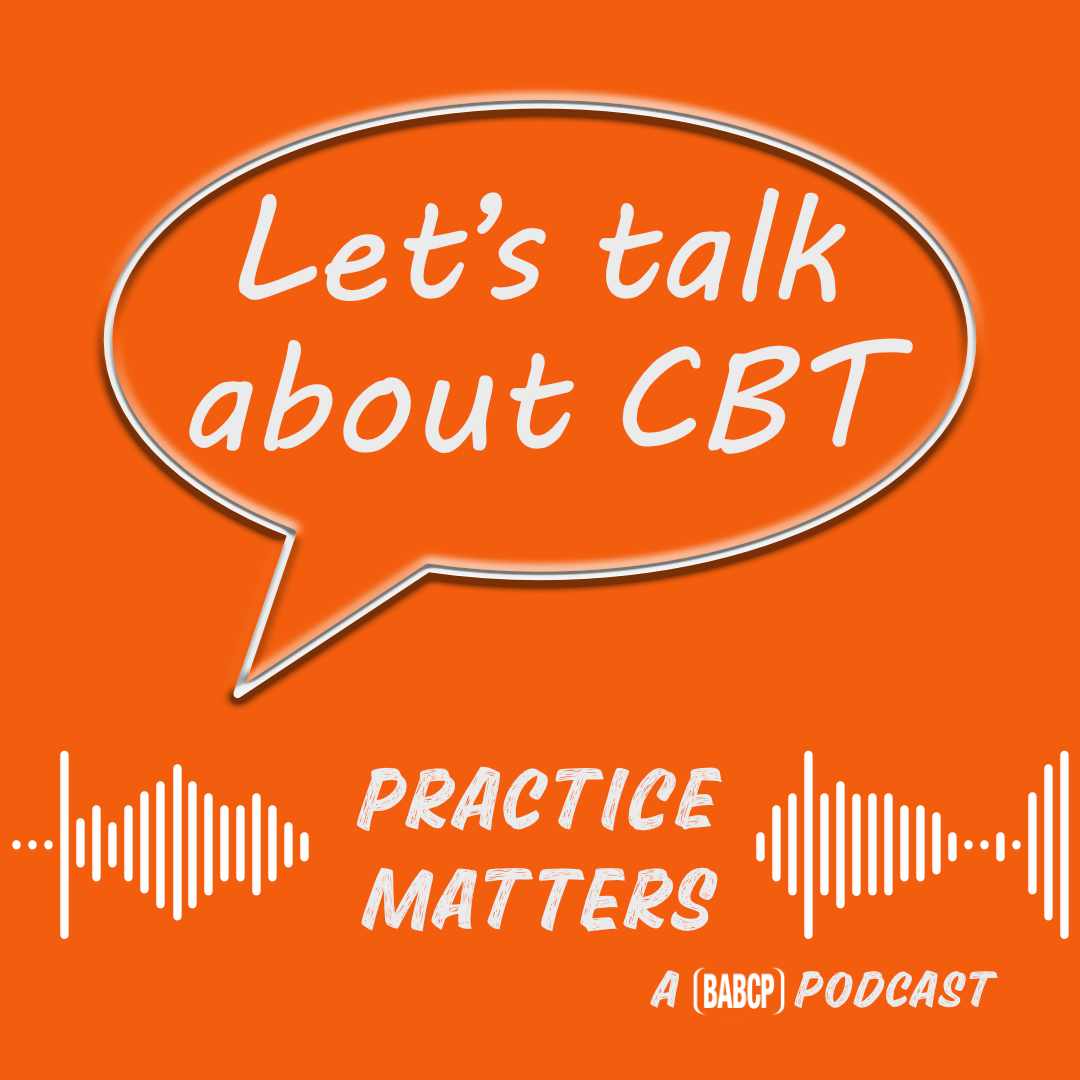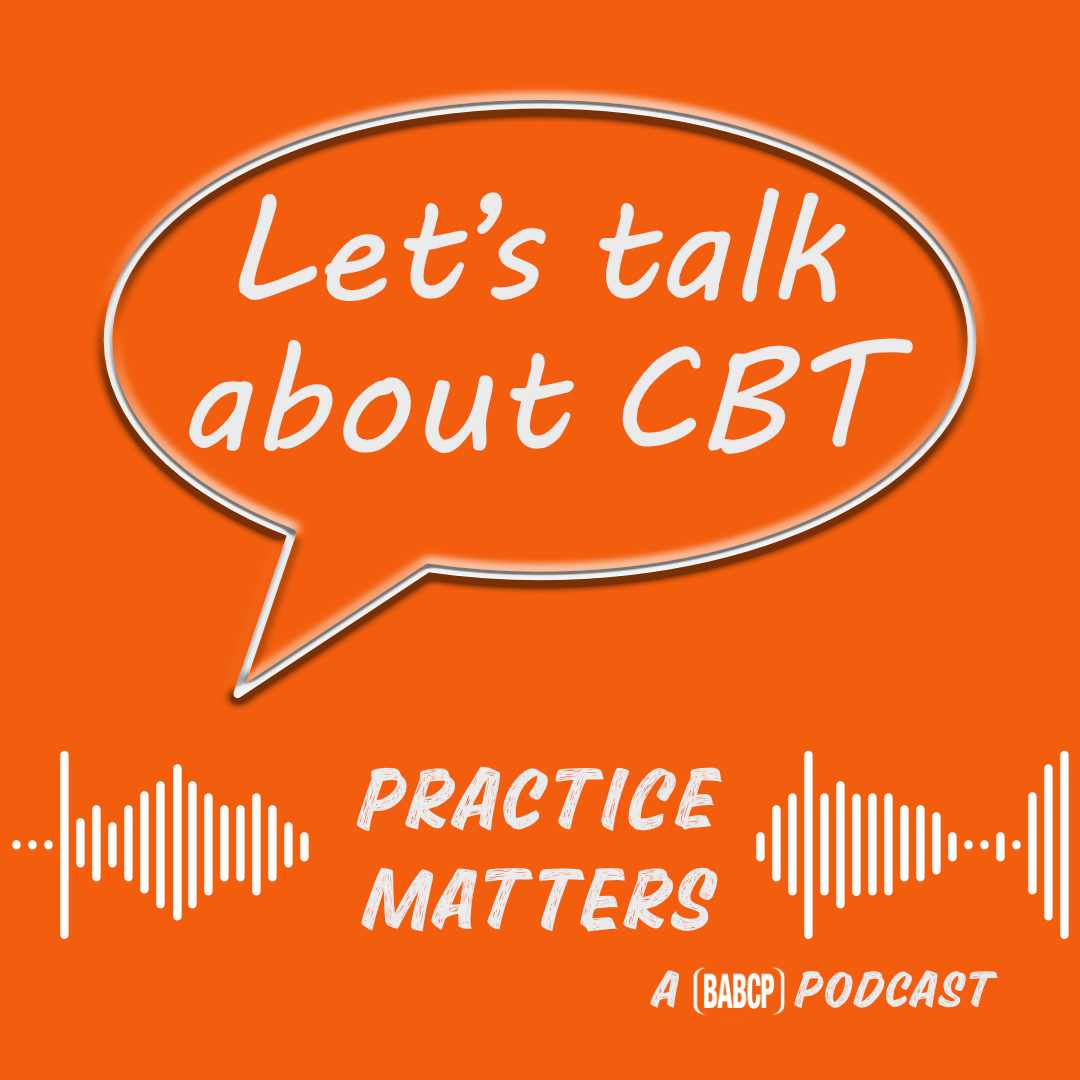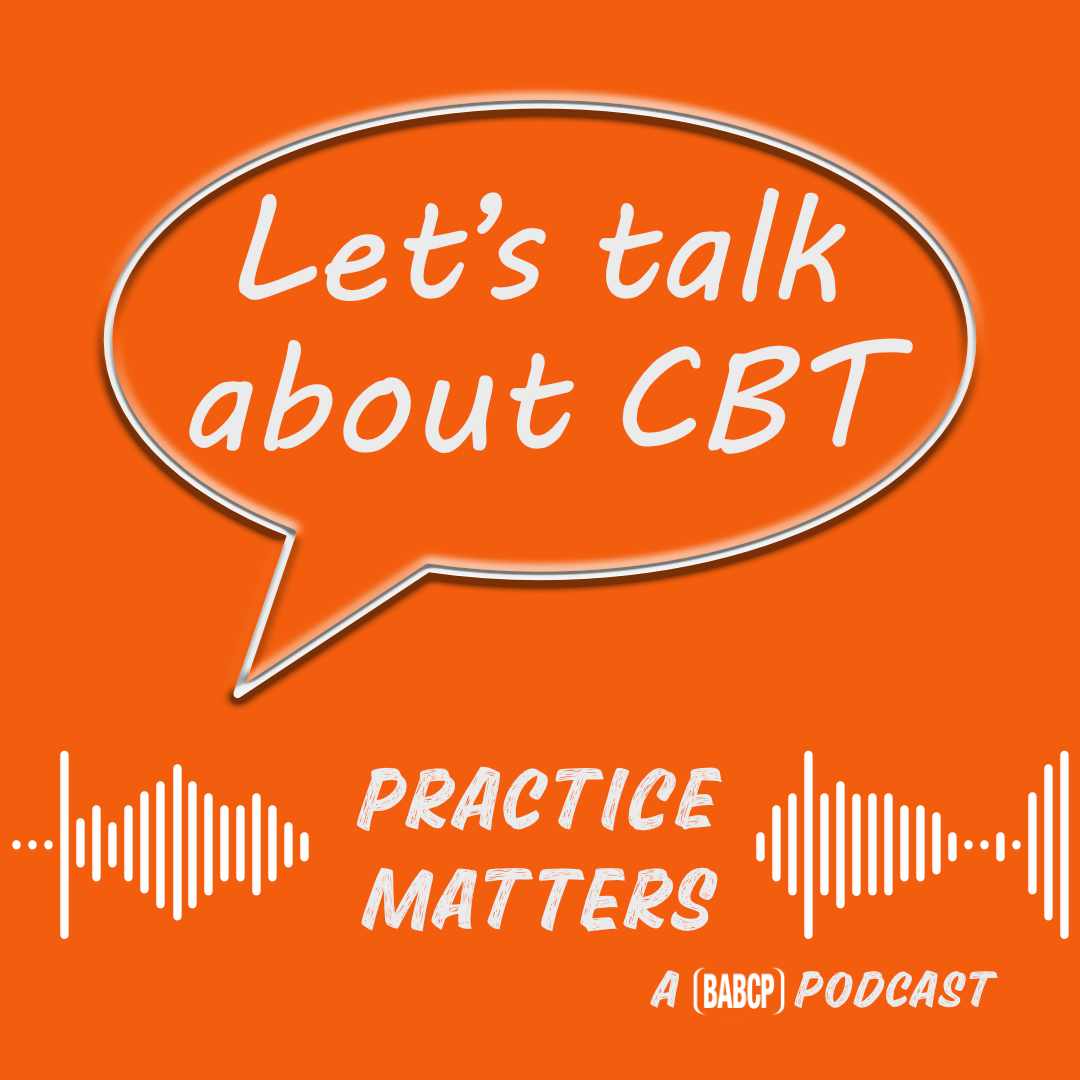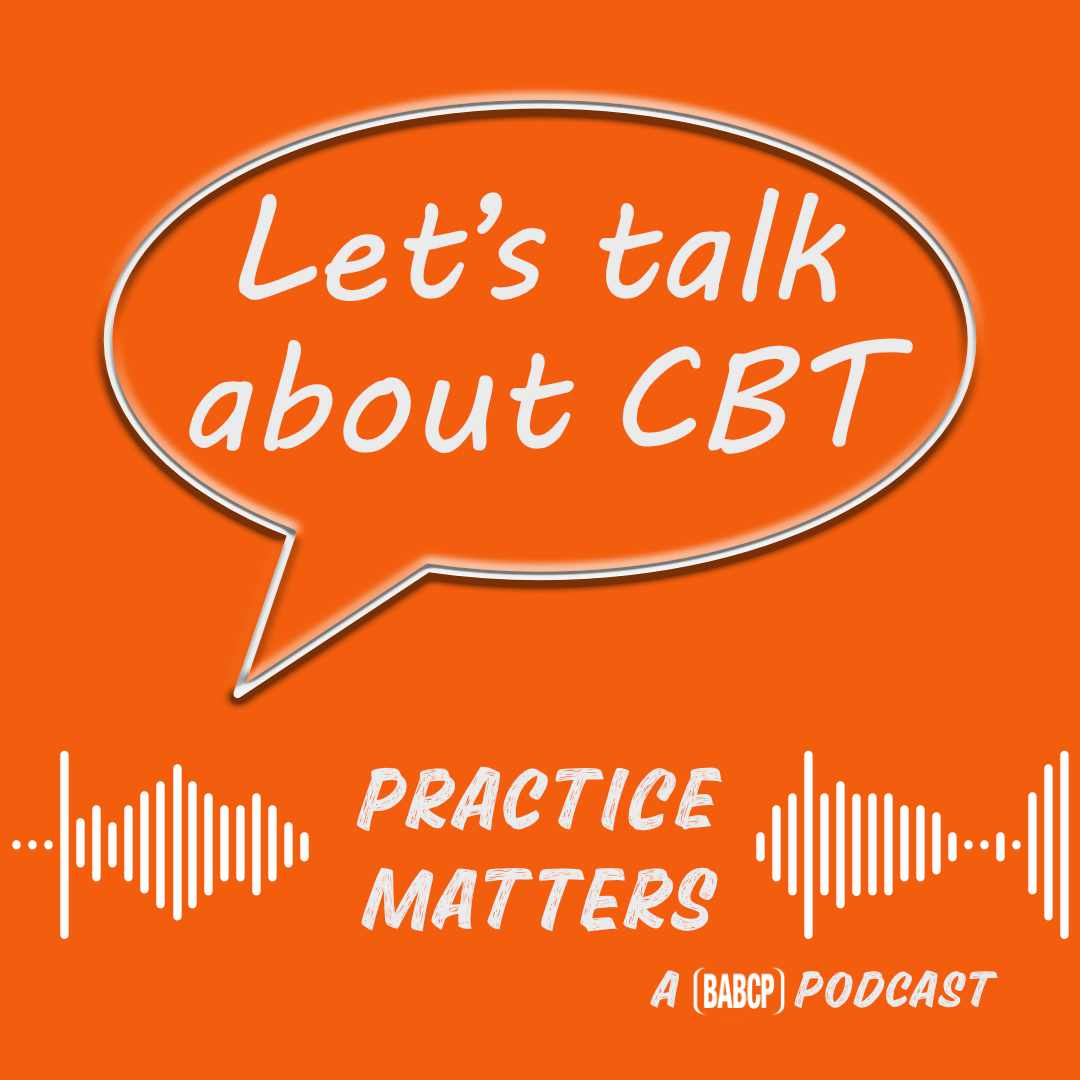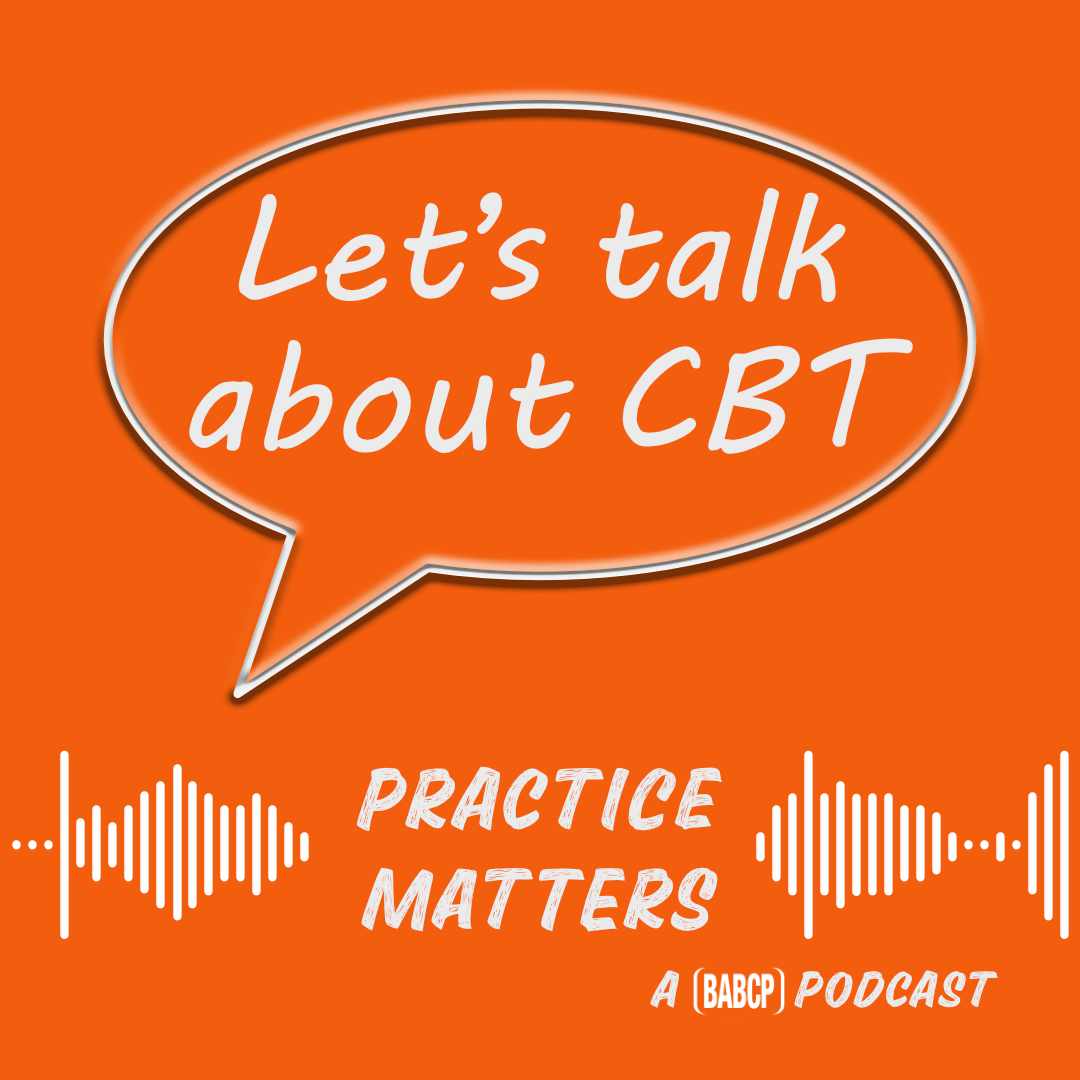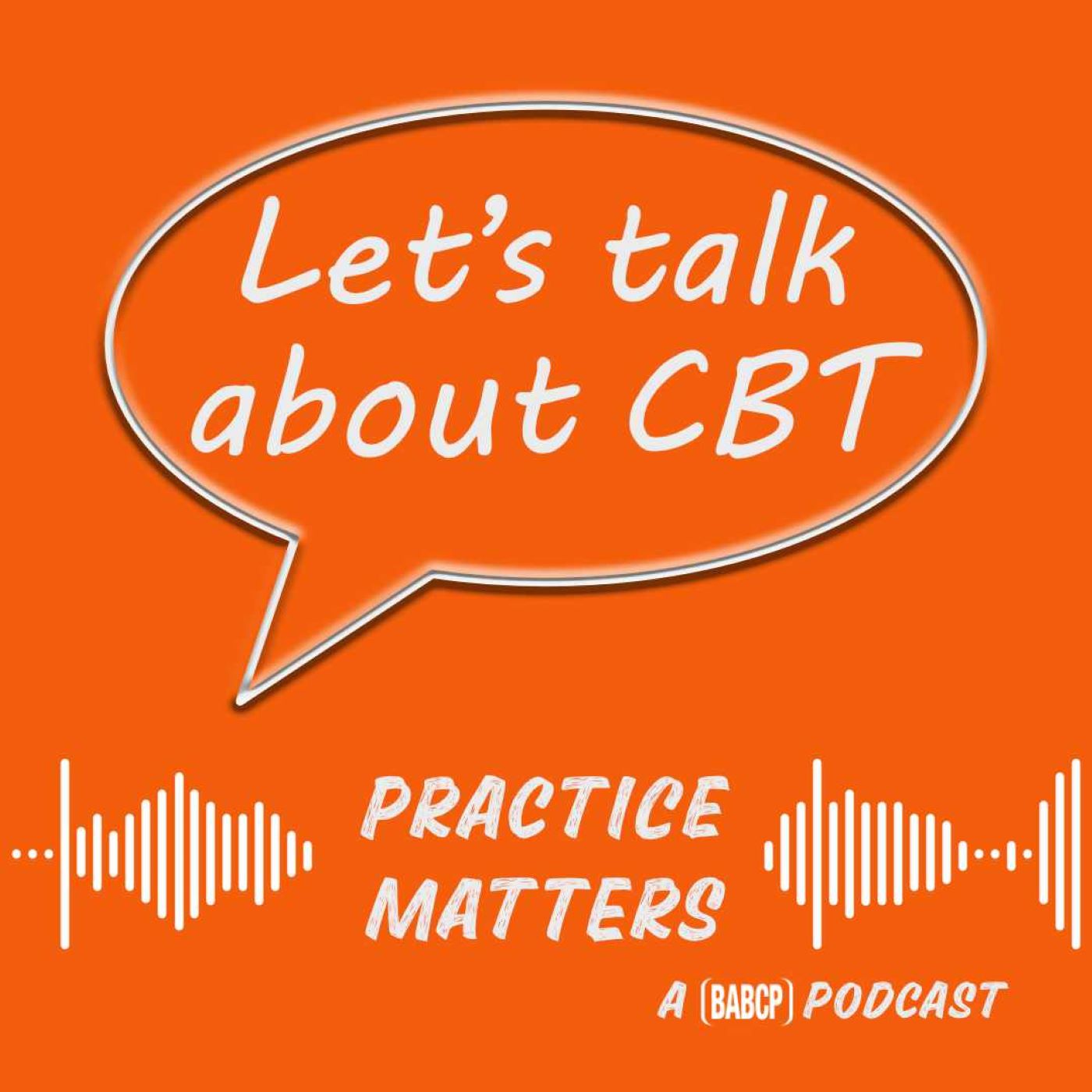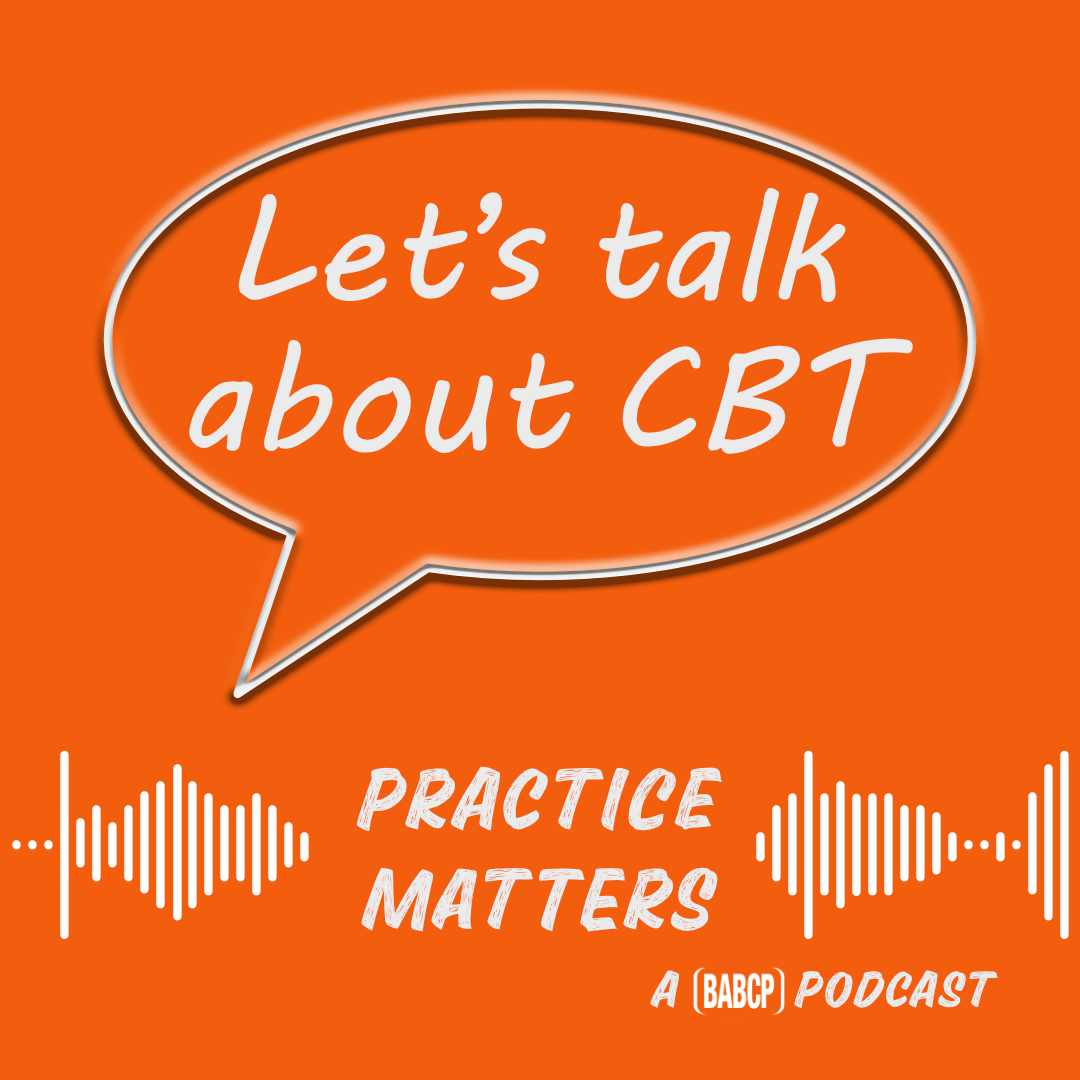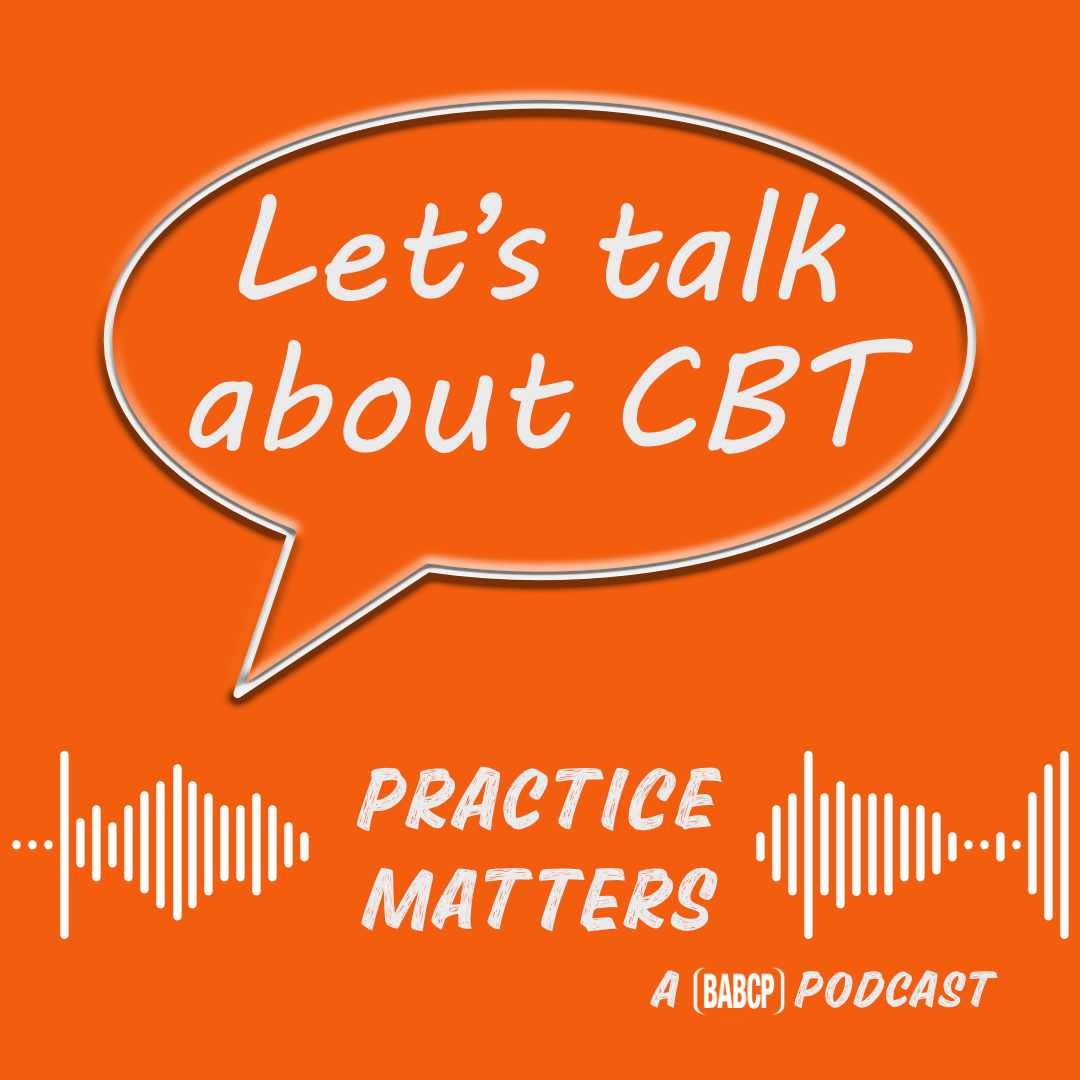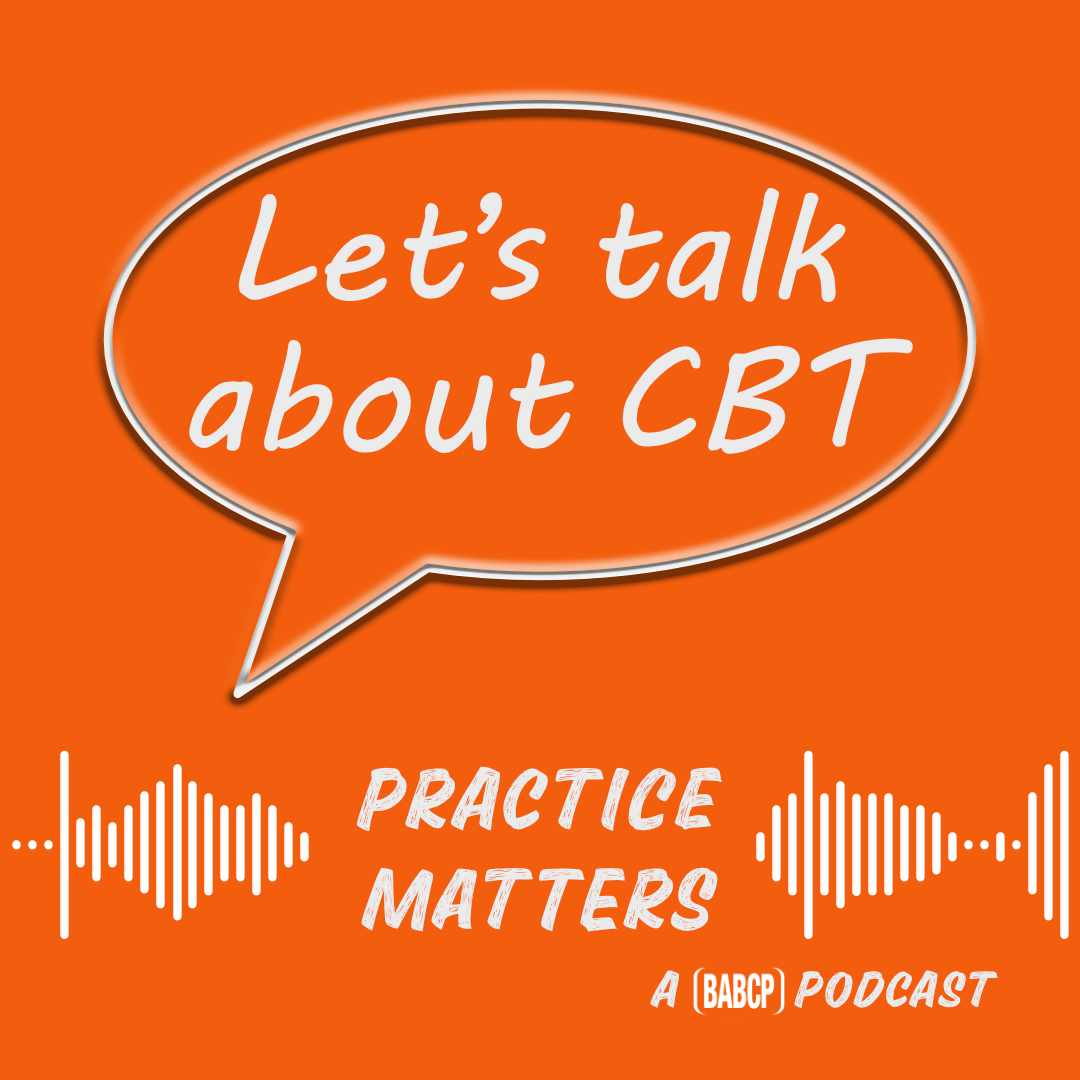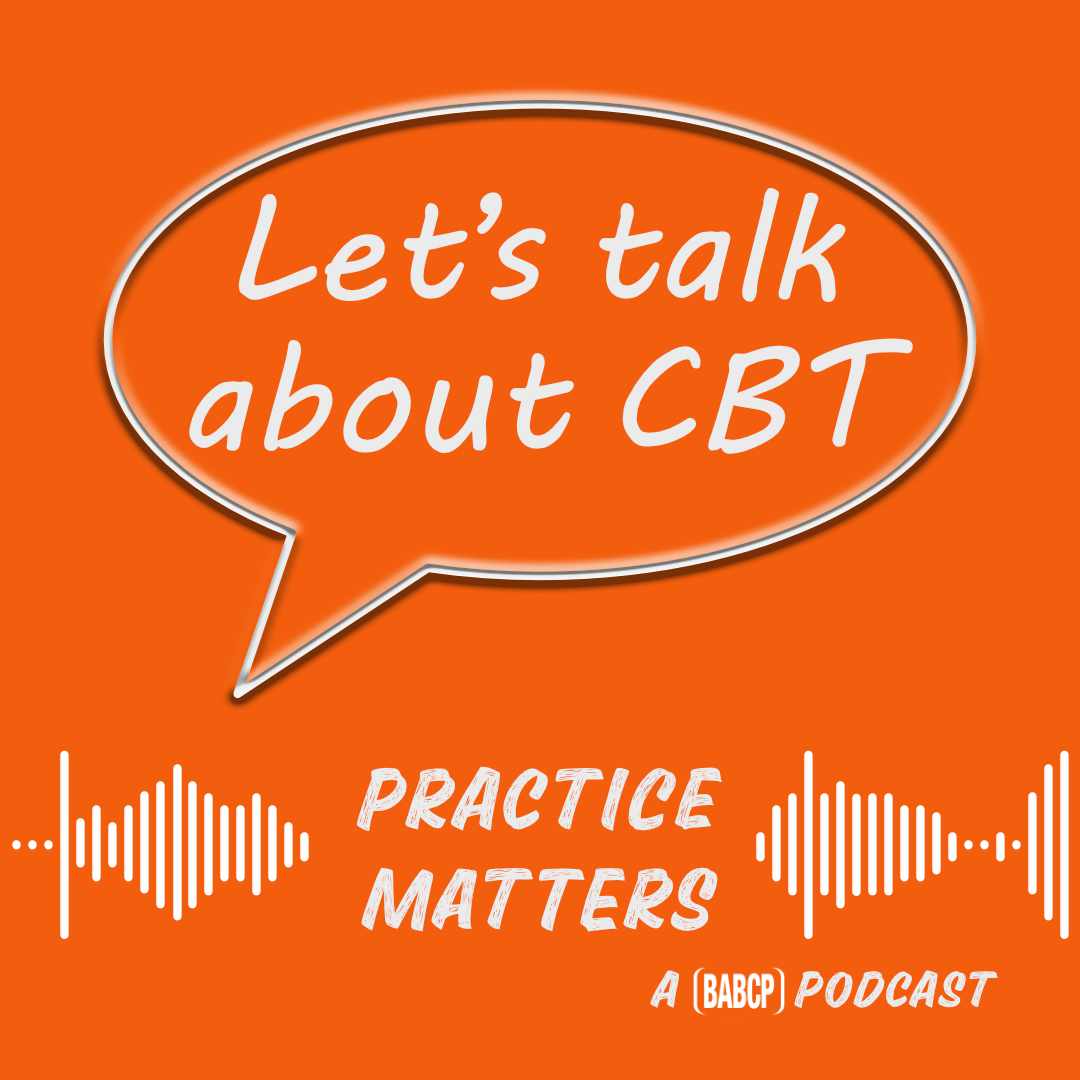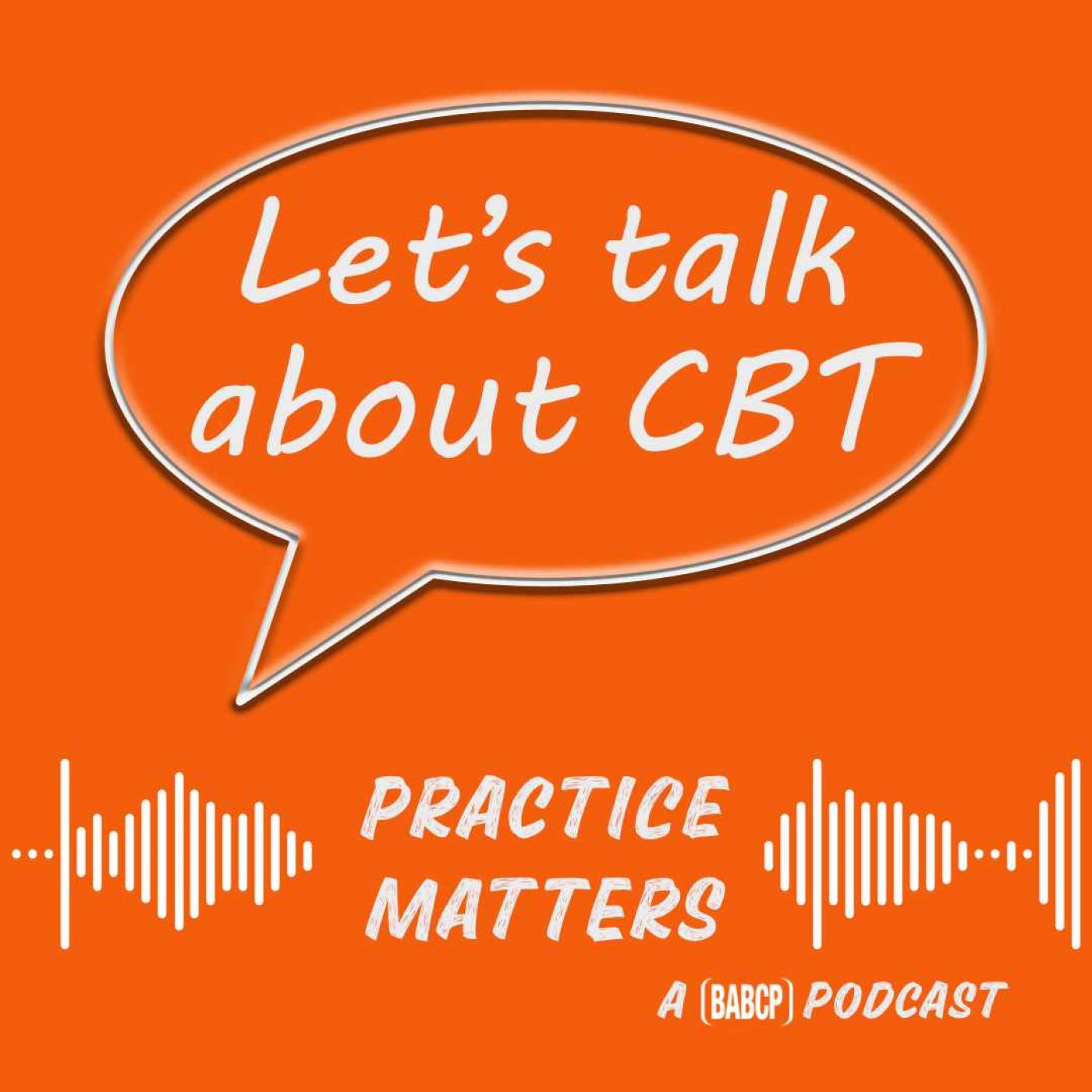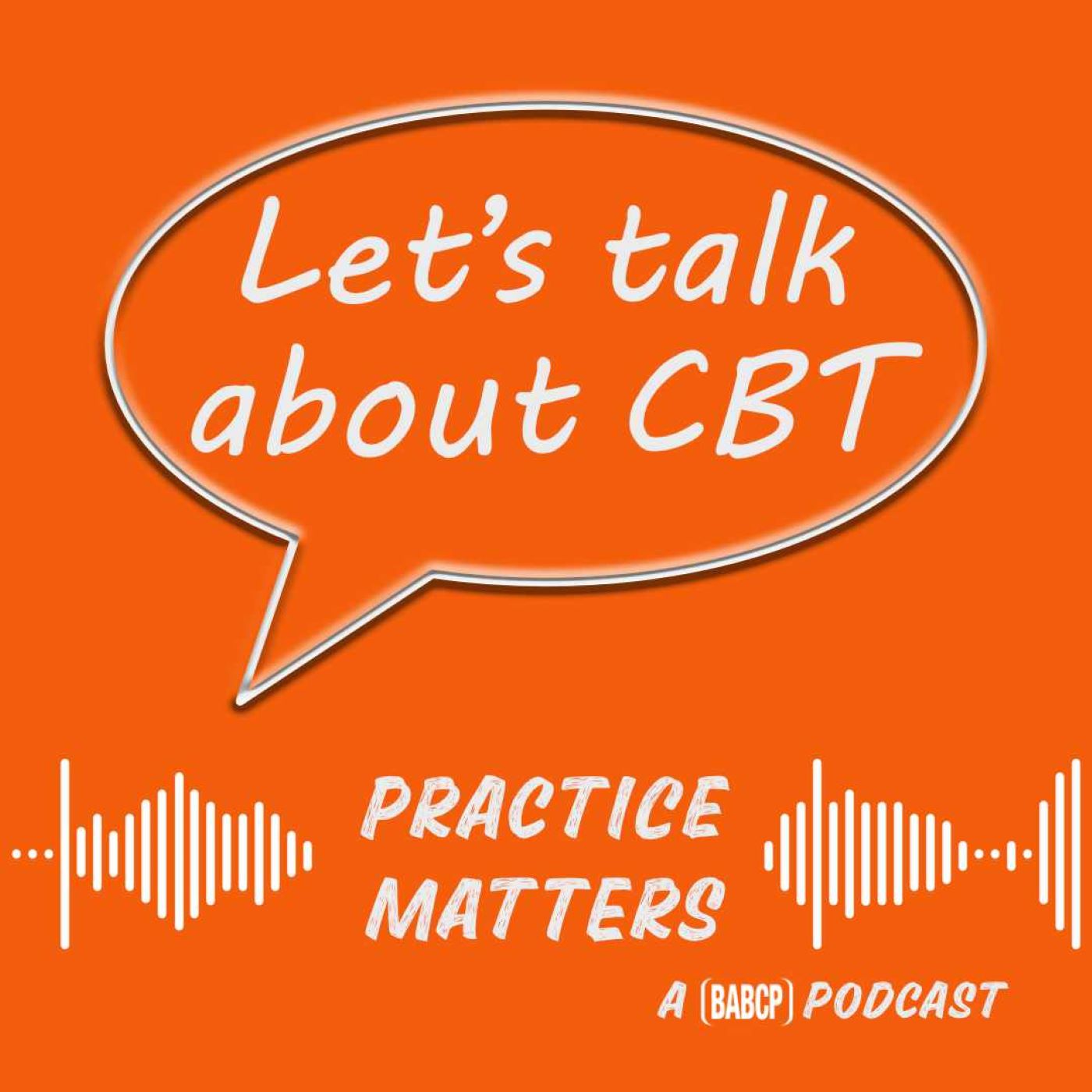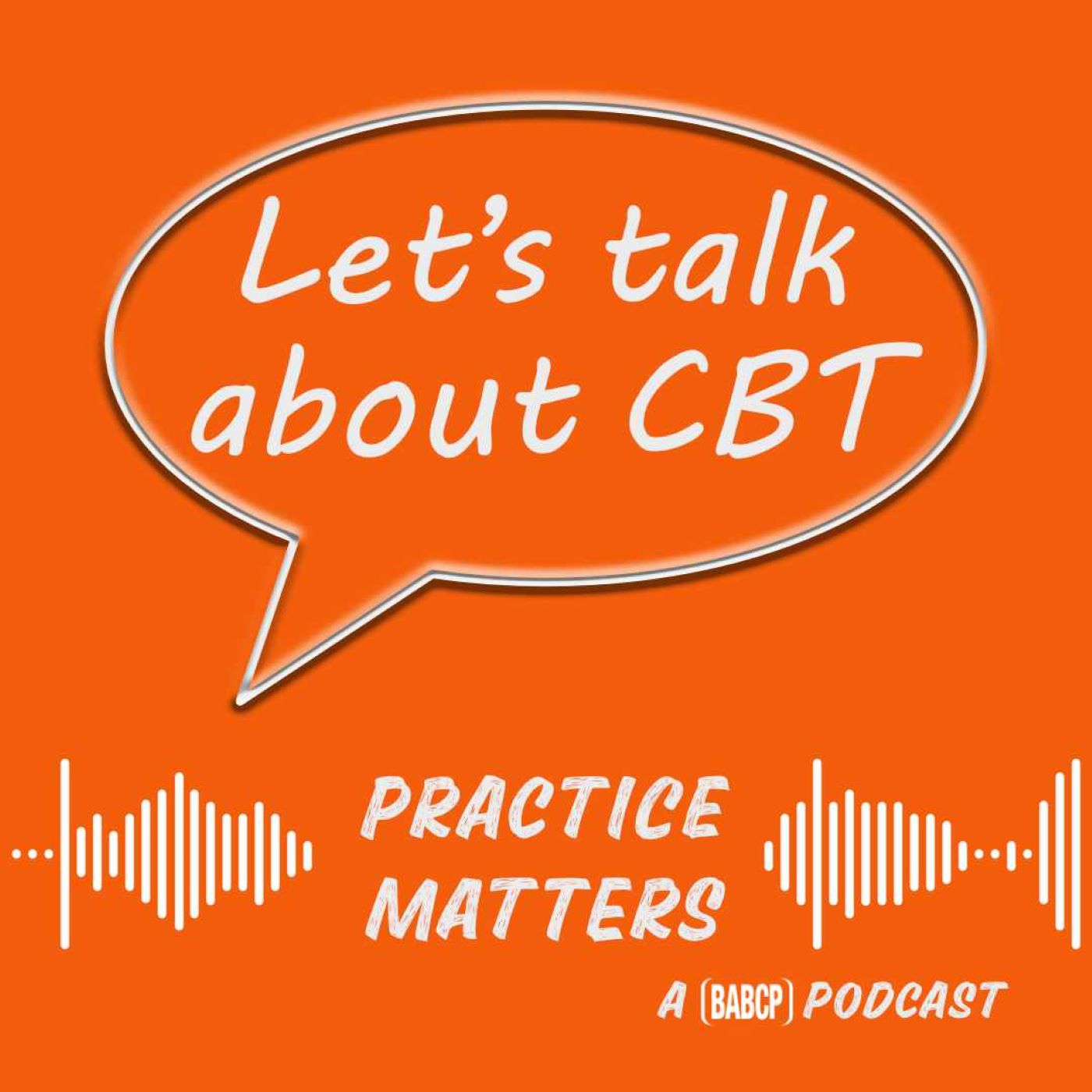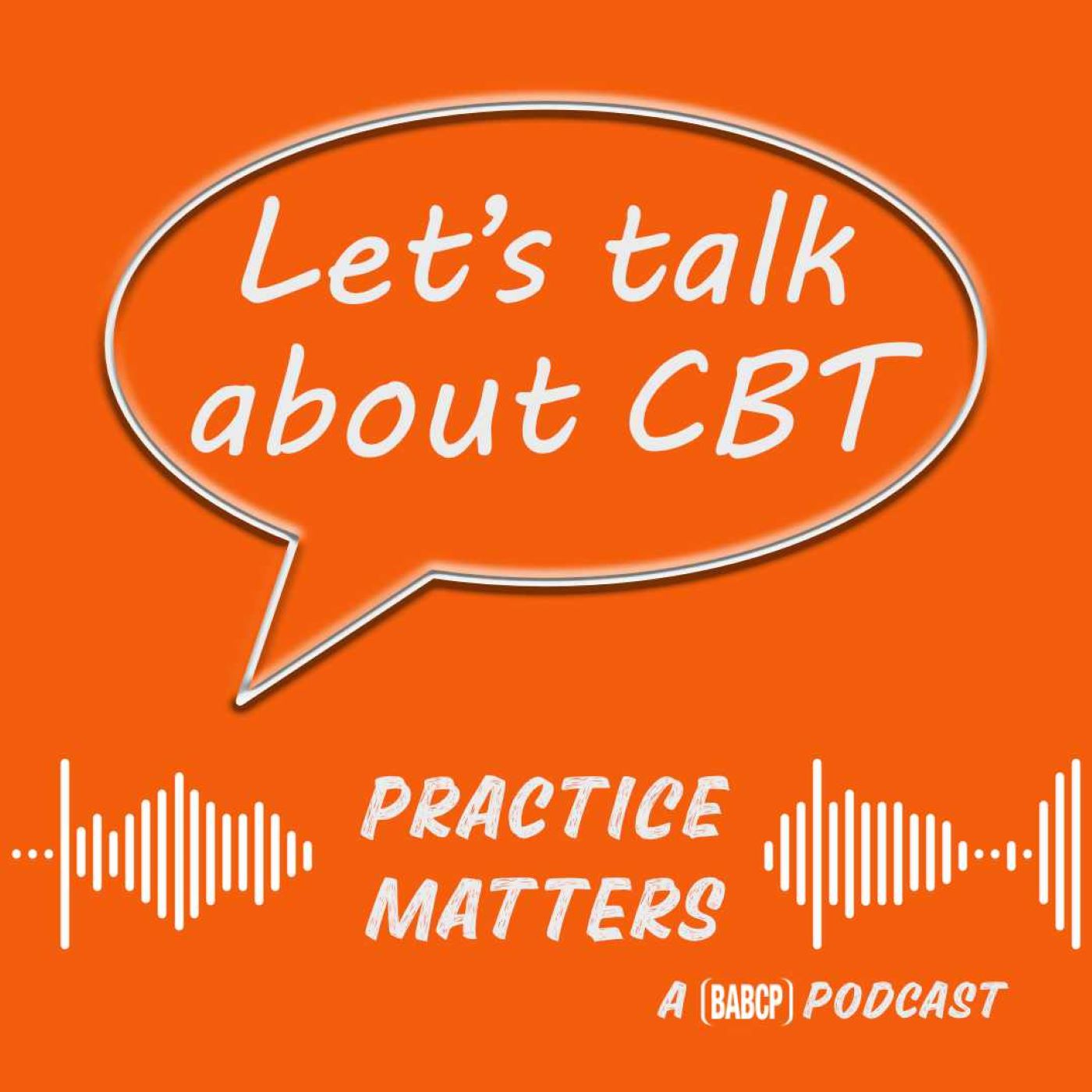CBT, Cancer and Coping with Dr Stirling Moorey
Description
This episode, Rachel talks to Dr. Stirling Moorey about the role of CBT in supporting individuals with cancer. Dr Moorey is a consultant psychiatrist and a leading expert in psycho-oncology as well as the new BABCP President. He has worked extensively in the field of CBT and cancer since the 1980s, contributing to research, clinical practice, and supervision.
They discuss how not everyone with cancer will need r want psychological interventions but how CBT and learning coping strategies can be effective for those who do and how therapists can look after themselves when working in this emotionally demanding area.
Useful links:
Books:
Moorey, Stirling, and Steven Greer, Oxford Guide to CBT for People with Cancer, 2 edn, Oxford Guides to Cognitive Behavioural Therapy (Oxford, 2011; online edn, Oxford Academic, 1 June 2015)
Papers:
Serfaty, M., King, M., Nazareth, I., Moorey, S., Aspden, T., Mannix, K., Davis, S., Wood, J., & Jones, L. (2020). Effectiveness of cognitive-behavioural therapy for depression in advanced cancer: CanTalk randomised controlled trial. British Journal of Psychiatry, 216(4), 213-221. https://doi.org/10.1192/bjp.2019.207
Serfaty, M., King, M., Nazareth, I., Moorey, S., Aspden, T., Tookman, A., Mannix, K., Gola, A., Davis, S., Wood, J., & Jones, L. (2019). Manualised cognitive–behavioural therapy in treating depression in advanced cancer: The CanTalk RCT. Health Technology Assessment, 23(19), 1-106. https://doi.org/10.3310/hta23190
Serfaty, M., King, M., Nazareth, I., Tookman, A., Wood, J., Gola, A., Aspden, T., Mannix, K., Davis, S., Moorey, S., & Jones, L. (2016). The clinical and cost effectiveness of cognitive behavioural therapy plus treatment as usual for the treatment of depression in advanced cancer (CanTalk): study protocol for a randomised controlled trial. Trials, 17(1), Article 113. https://doi.org/10.1186/s13063-016-1223-6
Credits:
Music is Autmn Coffee by Bosnow from Uppbeat
Music from #Uppbeat (free for Creators!): https://uppbeat.io/t/bosnow/autumn-coffee
License code: 3F32NRBYH67P5MIF
This podcast was edited by Steph Curnow
Transcript:
Rachel: Today I'm so pleased to welcome Dr Stirling Moorey to the podcast to talk about CBT and cancer. Dr Moorey is BABCP president elect and a recently retired consultant psychiatrist who's been practicing CBT since 1979 when he visited Beck Centre for Cognitive Therapy in Philadelphia for a medical student elective. He's a highly acclaimed clinician, researcher, and teacher, and has specialised in several clinical areas, including psycho-oncology. Stirling is particularly known for his research and work on the application of CBT for individuals with cancer. So thank you so much and welcome Stirling. Thank you for joining us.
Stirling: Thank you. Thank you very much for inviting me. It's great to be on the podcast and really lovely to be contributing to what is the growing CPD offer of BABCP to our members.
Rachel: And on our agenda today is an understanding of if and how CBT can be helpful to individuals with cancer and how we might apply CBT in this context. To start us off, I wonder if you could tell us a little bit about your journey into this work and what got you interested personally and professionally in working with CBT and specifically CBT with cancer.
Stirling: Well, it's interesting. I think that this all began in about 1986 when I passed my membership of the Royal College of Psychiatrists and was looking for what the next job would be as a Senior Registrar. And looking for what might be research opportunities and Dr Stephen Greer, who was a wonderful clinician, but also a pioneer of research in psycho-oncology had received a large grant from what was then the Cancer Research Campaign, is now, Cancer Research UK to look at the effectiveness of psychological treatment in cancer and so he developed, was developing, what he called Adjuvant Psychological Therapy, which was a bit of a mix of some emotional support and CBT type components. So, because I was interested in and had some experience of CBT at that time, he was quite keen for me to come on board and be a member of the team. So that's how it started and really led to us doing some research but also producing our book, which was originally Adjuvant Psychological Therapy. It's gone through I think three or four editions now and has become the Oxford Guide to CBT for People with Cancer. So I got into it through really a research interest and my time at the Royal Marsden meant that we were doing quite a lot of clinical work in the liaison service as well as the research project.
Rachel: And just to ask, briefly, Stirling, some people might not be familiar with that term adjuvant. What does that mean? What does that refer to?
Stirling: So he called it Adjuvant Psychological Therapy because at that time, adjuvant chemotherapy was a treatment, that is still used, alongside what might be say a surgical removal of a cancer, and alongside that people would have a chemotherapy treatment. So he said, well why don't we sell this in a way to the oncologists by calling it Adjuvant Psychological Therapy, might make it more acceptable.
Rachel: And do you think the fact that you had a medical background rather than, a sort of psychological background in terms of a psychology degree, that sort of pathway into psychological therapies, prepared you, drew you in particularly into this kind of work?
Stirling: Yes I think I agree. I think that, having a medical background, I think gives you some advantages. It doesn't mean that many psychologists can't be very proficient at working with people with physical illness, but it does give you a different angle. I mean, I think one of the things that perhaps is unfortunate in the CBT world is that I think that biopsychosocial approach that doctors can bring, and nurses can bring is perhaps undervalued a little bit. So yeah, I think that adds a component to the psycho-oncology.
Rachel: Perhaps I wonder if you can go places with your patients that perhaps psychological therapists might fear to go for that the fear that maybe their patients might think there's telling them it's all in their mind or, you know, being reductionist about what's going on for them.
Stirling: I think that's right. I think that, to some degree, I don't know that being a medic necessarily comes up that often as an issue for patients. I think where the areas where it can be helpful is that you perhaps speak the language of the medical staff, doctors and nurses. So sometimes actually sort of interpreting in both directions, interpreting for the patient what some of these things mean, and vice versa, helping the doctors to understand. And sometimes we would have joint meetings with the oncologist or the nursing staff and again, that, that translation can be helpful, which perhaps is a little bit more difficult from someone who doesn't have a physical, medical background.
Rachel: So you had this interest in CBT, this training in CBT, there was this momentum behind this particular area, there was funding for research into cancer. And we know now as then, but increasingly so cancer is undoubtedly a huge global concern. It's one of the most incurable diseases with, I understand, the second highest mortality rate after cardiovascular disease. Macmillan Cancer Support estimated in 2022 that there were approximately 3 million people living with cancer in the UK alone, with that number anticipated to rise exponentially up to sort of 5 million by 2040. And the NHS reports that one in two people will develop some form of cancer during their lifetime. So in that context, the context of the high mortality rates and the high prevalence of cancer, can you tell us a little bit about why we would be thinking about psychological interventions with cancer?
Stirling: Yeah, I think that the good news on the psychological front is that we know that about 60 percent of people who go through a cancer diagnosis are going to be coping pretty well. They don't meet criteria for anxiety or depression, and I think that's very encouraging that there's a lot of resilience that we have. But, you know, 20 to 30 percent of people will experience symptoms of anxiety, depression and adjustment problems and that's a significant burden, I think for themselves and for health services in the past was largely unrecognised, but I think it's much more becoming recognized. People exper

